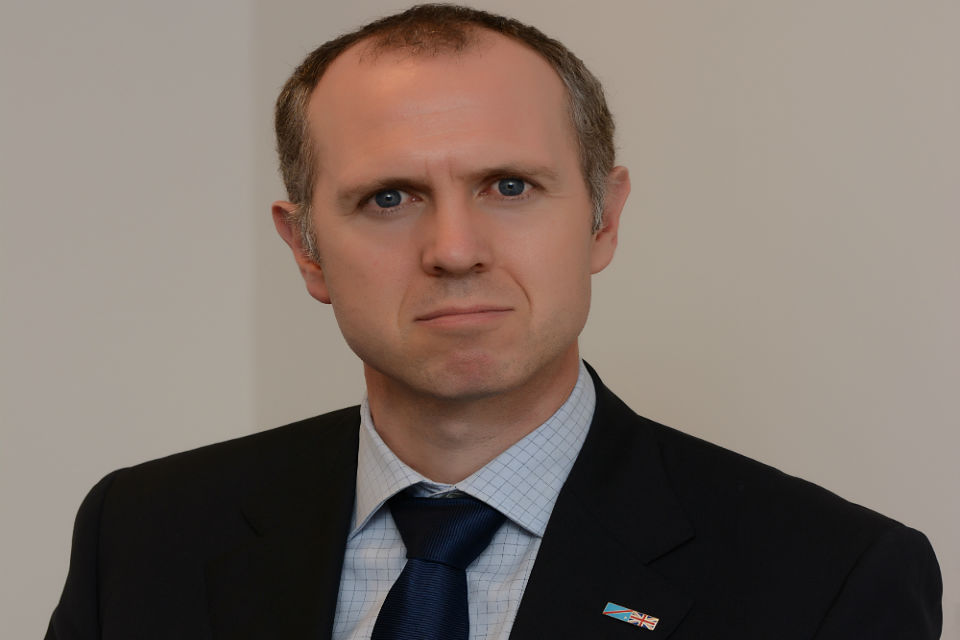British Ambassador to DRC speaks at International Anti-Corruption Day
Speech by British Ambassador Graham Zebedee at the International Anti-corruption Day Celebration on 9 December 2015 held in Kinshasa, DRC.

“Thank you for inviting me to speak today. It is good to see so many businesses here. I am serious when I say that nothing - not war, not instability, not even the lack of elections - is a greater risk to the future success of the DRC than corruption.
The importance of fighting corruption has been highlighted numerous times by President Kabila and his government. Activity to counter corruption has been written into the heart of many government development strategies. It goes without saying that my country, as the second biggest development partner here, fully supports these efforts. But of course you as companies judge the achievements of governments not by the content of speeches or by the agendas of conferences in Kinshasa hotels, but by results. What are the results?
The measure of corruption which the international community uses most often is the Transparency International Index of perceptions of corruption. DRC is currently 154th out of 175 countries. Its score has remained constant for the last three years. Corruption also has a large impact on the ease of doing business. The recent World Bank report on this subject had DRC 184th out of 189 countries, and there is a major conflict in 3 of the 5 countries below DRC in this table.
By its nature it is not possible to know how all the forms of corruption work in DRC. Secrecy is integral to corruption. But we can see the results. Not just on the business environment, but on the public finances. In 2013 the DRC government spent just a very small amount compared to DRC’S GDP. Where is the rest of the money? But the answer is clear.
A large amount of the tax which should have been collected was not collected, because of corruption. A part of the tax which was collected did not go into the government budget, because of corruption. A part of the money which did go into the government budget was not then spent on government activities, because of corruption. The result is that the government can only spend a small amount of money here on, for example, education and health for the Congolese people. International partners, NGOs, the Congolese diaspora and churches are doing this instead.
So, there is much to do. And some of this work can only be done by the government, with the help of international partners. There are some reformers in the government who want to do this. I salute their brave efforts. But the private sector also has a vital role to play in fighting corruption. Every day, companies are asked for illegal payments. In order to
• reduce the amount of an illegal tax demand
• win a contract
• get their goods across a border
• ensure that there are no problems with the local authorities
• ensure approval for their project.
All such payments are illegal for any company operating under British law. But not all countries have such laws. If companies refuse to pay, they may suffer in the short term. But if they pay, everyone suffers in the long term, including the Congolese people.
This is why UK fully supports this private sector’s initiative against corruption. The voice of companies must be heard, and especially on corruption issues. If there is real political will, we can make a lot of progress. Otherwise, we shall not make it. Unless DRC destroys corruption, corruption will destroy the DRC.
Thank you.”